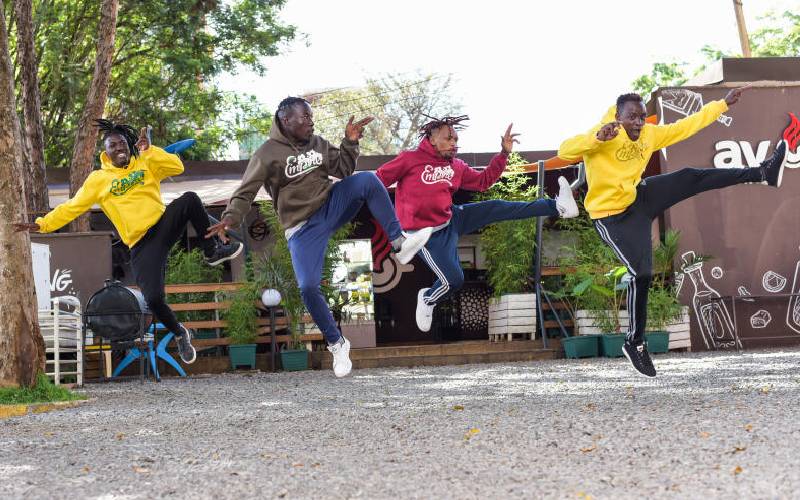×
The Standard e-Paper
Join Thousands Daily

Kenya dance empire founders.
Having heard a friend rave about the dance fitness class I am about to attend and having seen their videos on Instagram, I could not wait to be part of it. We are at the Arboretum, where, in my view as a lover of dance, actual magic in dance happens courtesy of The Kenya Dance Empire.







